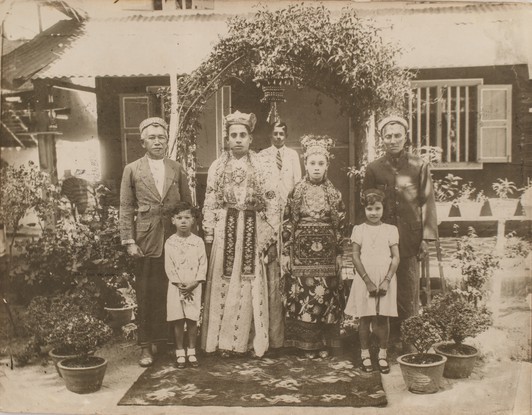
MALAYSIA, May 5, 2019 (Tribune): Some 500 years back, a trading community from South India settled in Malaysia. They married native women and adapted to the local culture. Yet, the Chettis continue to hold on to their Indianness — they still have Hindu names and celebrate Diwali and Pongal. They carry Indian names but don’t look Indian, they speak no Indian language but are Hindus. Most do not have a familial connection to India yet their race is listed as Indian on their identity cards. These are the little known Chettis of Melaka (formerly Malacca) in Malaysia. Melaka, with its sheltered harbor and strategic location, became a major trading hub in the heyday of the spice trade attracting Indian traders to the Malayan archipelago. Away from their families for several months at a time, these men began to develop relationships with local Malay, Javanese and Chinese women. Many settled down in Melaka, started families and became part of the local community. Thus, around the 15th century, an entirely new community known as the Chetti Melaka was born.
Unaware about the place their forefathers originally came from in India, the Chettis settled down at Kampung Chetti (Chetti village in Malay) at Gajah Berang in Melaka. By 18th century the community had become so influential that Dutch colonizers assigned land to them in 1781. In the same year they established the Sri Poyatha Venayagar Moorthi Temple, which is the oldest Hindu temple in Melaka, Malaysia. Kampung Chetti continues to be the spiritual and cultural base of the Chettis and this is where they gather to celebrate all their major festivals. Today, only 20 to 30 families live at Kampung Chetti. Many members of the community migrated to Kuala Lumpur, Penang and Singapore in the early part of the 20th century. An estimated 5,000 Chettis live in Singapore at present. In recent times, there has been a growing awareness about the need to save the Chetti culture before it disappears. Despite dilution of their Indian ethnicity, the Chettis have survived for so long because of their flexibility and willingness to adapt.
More of this history at “source” above.
